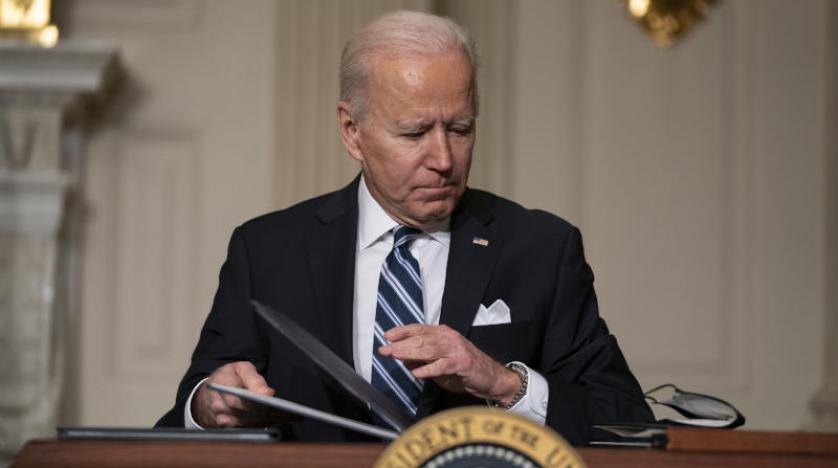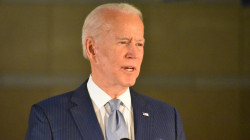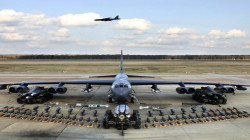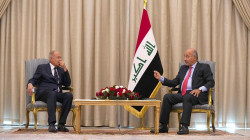RAND report advocates development over defense in the Middle East

Shafaq News/ A leading American think tank has released a report urging the US government to prioritize development and good governance in the Middle East over security.
The RAND Corporation report says the United States needs to “rebalance” its assistance to the conflict-ridden region, pointing out that Israel, Egypt and Jordan received 81% of foreign military assistance in 2019. US policy toward the Middle East is “outdated,” with too much focus on arms sales and Iran. Instead, RAND suggests prioritizing "economic investments, governance, diplomacy and programs focused on people,” it said in a Tuesday press release.
The report argues that US military assistance, which far outweighs economic aid, has not led to a peaceful Middle East. It cites the looming threat of a nuclear Iran despite harsh sanctions. It also says the continued existence of the Islamic State is due to “economic and societal grievances that provide a ready pool of recruits.”
RAND suggests reducing the assistance gap between the “Big 3” of Israel, Egypt and Jordan and other states, and instead increasing investment in “health, youth unemployment and climate change,” among other things. Overall, the report supports a focus on economic development, human rights and nonviolent methods of fighting extremism.
Co-author Dalia Dassa Kaye, a senior political scientist at RAND, said, “We need to start thinking about what we are for in this region, not just what we're against.”
RAND’s report showed that the U.S. policy toward the Middle East has relied heavily on military instruments of power and has focused on regional threats—particularly the Iranian threat—with the goal of keeping partners on "our side." These long-standing policies “have largely fallen short of meeting core U.S. interests and adapting to new regional realities and strategic imperatives.”
RAND researchers offer an alternative framework, suggesting that the U.S. strategic priority must center on reducing regional conflict and the drivers of conflict. This revised strategic approach” puts a greater focus on addressing conflict and socioeconomic challenges that are creating unsustainable pressures on the region's states and immense suffering among its people.”
The researchers recommend specific actions organized into the following three pillars, first shifting resources from the current heavy reliance on military tools to a more balanced approach that prioritizes economic investments, governance, diplomacy, and programs focused on people.
Second, favoring a long-term time horizon to reduce regional conflict and support growth and development, even at the cost of short-term risks; and third working multilaterally with global and regional partners to address key challenges.
According to Financial Times, Yet doubts abound across the Middle East about the extent to which this US administration would really risk its traditional alliances in the region. From the disastrous fallout of the Iraq war and occupation under George W Bush, to the hesitant muddle over intervening in Syria under Obama — all preceding the erratic and wilful policies of Trump — American influence has receded.
The US has gradually created a regional vacuum that has been partially if chaotically filled by Russia, Iran, Turkey, Saudi Arabia and the UAE. In that light, it will be hard for Biden to turn this early exchange of signals into a substantive reset.





